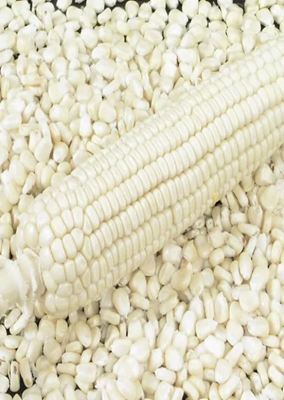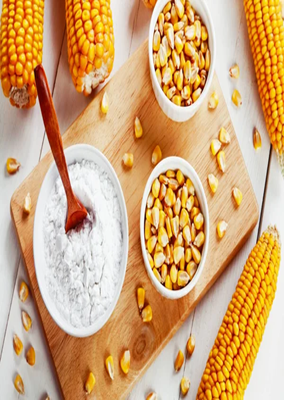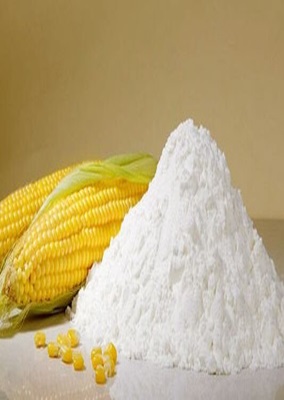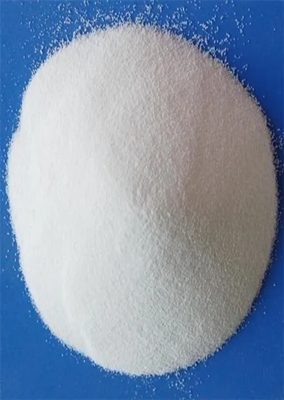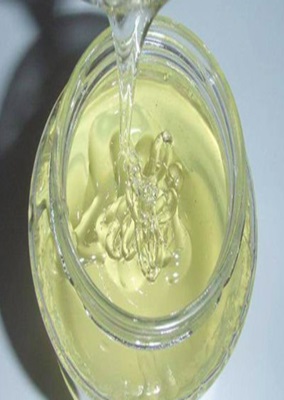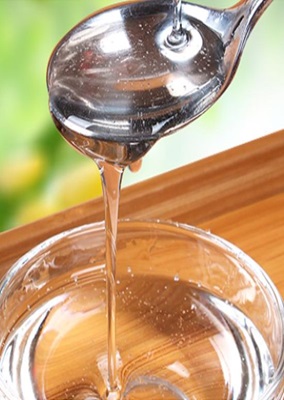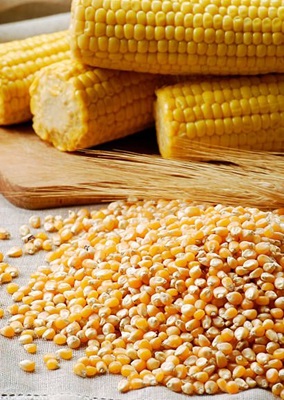
Yellow corn
Yellow corn is a popular and versatile grain known for its sweet flavor and crisp texture. It is a staple in many cuisines, used in a variety of dishes such as salads, soups, stews, and casseroles, as well as a key ingredient in cornmeal, polenta, and tortillas. Rich in fiber, vitamins, and antioxidants like lutein and zeaxanthin, yellow corn supports digestive health and eye health. Its kernels can be enjoyed fresh, canned, or frozen, providing year-round availability. Additionally, yellow corn is gluten-free, making it a suitable option for those with gluten sensitivities. Its ease of preparation and storage further enhance its practicality and value in diverse culinary applications.
